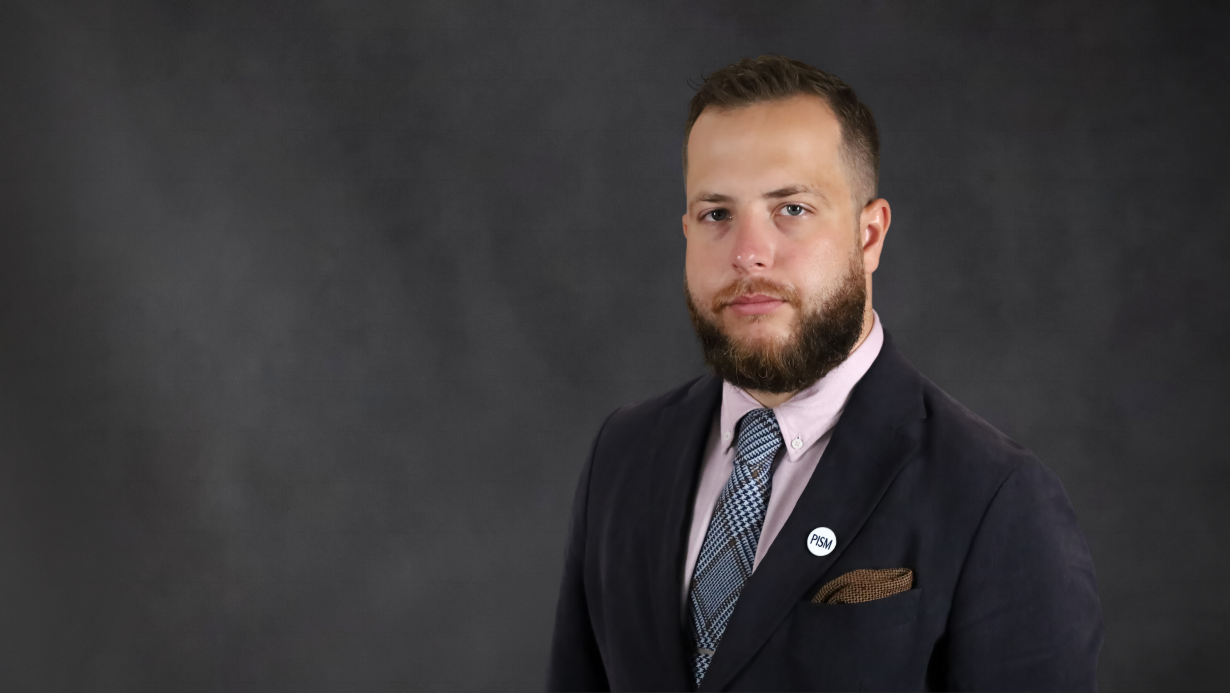Tokayev Elected President of Kazakhstan
What determined Tokayev’s victory?
This year’s election in Kazakhstan, like all previous elections, was considered by the OSCE to have been undemocratic. Tokayev, part of the ruling party and a protégé of former President Nazarbayev, meant his election was only a formality and was the fulfilment of a plan of controlled succession. Tokayev assumed the duties of the president already in March after Nazarbayev's resignation. He also campaigned only to a limited extent, mainly using official visits to regions and high-level meetings (EUG summit, the first-ever visit of the president of the European Council) to promote his image as president. Other participants largely faked a political rivalry because none of them presented a truly competing political programme or ran a true campaign.
How does Tokayev’s election fit into the succession process?
Tokayev’s victory crowned the first stage of the succession plan and was aimed at guaranteeing the new president’s political legitimacy. He will only be a nominal leader, with power remaining in Nazarbayev’s hands as the “Leader of the Nation”, head of the Security Council, and chairman of the ruling Nur Otan party. Tokayev’s main role will probably be to stabilise the political system and ensure proper conditions for the next controlled transfer of power. The simultaneous formal appointment of Dariga Nazarbayeva, the daughter of the former president, as the president of the Senate, the second highest-ranking politician in the country, indicates that she is likely being prepared to assume control of the government in Kazakhstan.
Why have there been protests in Kazakhstan?
Nazarbayev’s controlled power transfer has resulted in public protests. In the capital of Kazakhstan and major cities (including Almaty, Shymkent, Atyrau, and Aktau), the demonstrators demanded free elections and respect for the rights of the opposition, pointing to the puppet-like character of the succession. The authorities responded by pacifying the protests and arresting the participants. One of them, Mukhtar Ablyazov, who lives in exile in France and whose party Democratic Choice of Kazakhstan was banned prior to the election, was officially accused of conspiracy from abroad for inspiring and helping to organise the protests. The protests were not supported by any of the politicians or parties taking part in the election, including by Amirzhan Kosanov, formally an independent oppositionist who took second place in the election with 16% of the vote, but informally supported by the authorities.
Will the protests threaten the stability of the regime in Kazakhstan?
The protests have had a negative impact on Tokayev’s and Nazarbayev’s image, especially with regard to assessments of the succession process by external observers. In the long run, the protests could pose a challenge to the regime because they prove that the Nazarbayev’s succession model cannot prevent social dissatisfaction and protest. Tokayev will continue to enforce rules that do not allow criticism of the previous president, who is still the most influential person in the state. The suppression of the protests confirms that the succession model has strengthened the authoritarian nature of Kazakhstan’s political system and does not guarantee the maintenance of internal stability.
What does Tokayev’s victory mean for Kazakhstan’s foreign policy?
Tokayev will continue Nazarbayev’s foreign policy. Cooperation with Russia and integration within the Eurasian Economic Union (EAEU) will remain a priority—Kazakhstan supports the development of economic integration within the EAEU but is opposed to deepening political integration. Relations with Russia will be balanced by cooperation with China, especially striving to implement new infrastructure projects and obtain direct investments under the Belt and Road Initiative. This will, however, limit Kazakhstan’s room to demand protection of the rights of Kazakhs and Uyghurs, who are being repressed in China. Relations with the EU will be an additional instrument of foreign policy diversification. This is factored into the European Commission announcement of 7 July about the new EU strategy for Central Asia.


